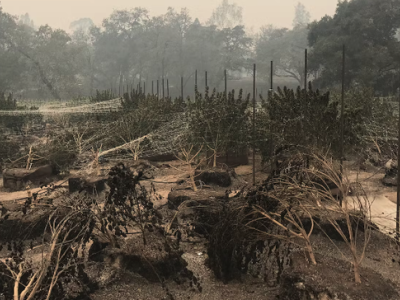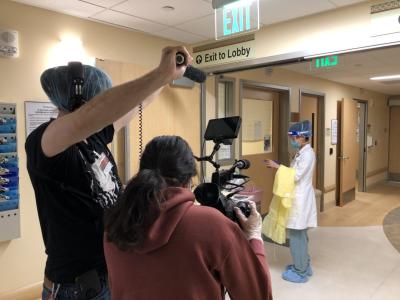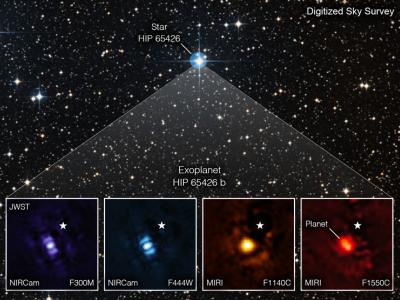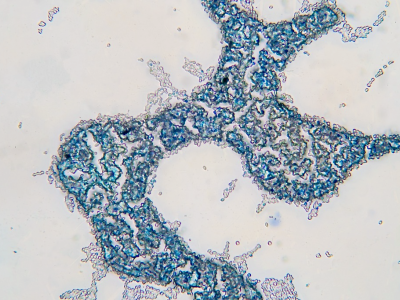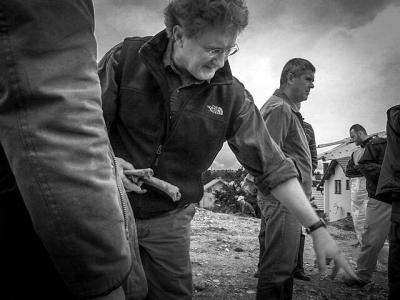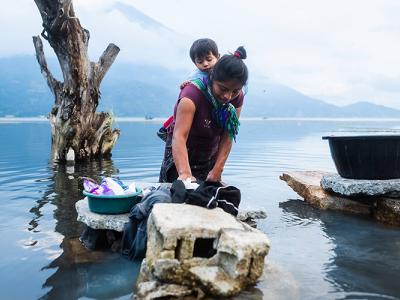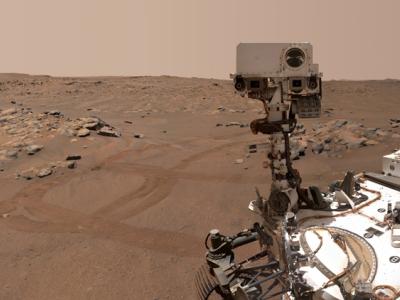While food insecurity is a problem for a growing segment of the U.S. population — made even worse by the coronavirus pandemic — few studies have looked at the effect that feast or famine has on the developing brain in isolation from other factors that contribute to adversity. A new study by neuroscientists at the University of California, Berkeley, simulated the effects of food insecurity in juvenile mice and found lasting changes later in life.
Research News
Learn more about UC Berkeley's researchers and innovators.
Showing 657 - 672 of 3459 Results
The stereotype of the female secretary who hikes up her skirt to get a promotion is as pervasive as the powerful male boss who makes passes at his underlings. But a new study upends both tropes with evidence that it’s actually men in subordinate positions who are most likely to flirt, use sexual innuendo, and even harass female bosses as a way to demonstrate their masculinity and power for personal gain at work.
A new study led and co-authored by professor Amanda Brewster found that hospitalizations declined when patients were part of a social needs case management program.
Wildfires are an increasing threat to people's lives, property and livelihoods, especially in rural California communities. Cannabis, one of California's newer and more lucrative commercial crops, may be at a higher risk of loss from wildfire because it is mostly confined to being grown in rural areas, according to new research by scientists in the Department of Environmental Science Policy and Management at UC Berkeley.
The UC Berkeley Graduate School of Journalism will launch a $25 million, state-funded fellowship program this spring that aims to support and strengthen local reporting in underserved and historically underrepresented areas across the state.
The new network aims to facilitate research excellence and knowledge-sharing among Dutch researchers.
A new study led by researchers at the University of California, Berkeley, and the nonprofit Resources for the Future (RFF) estimates that the social cost of carbon — a key metric for evaluating the future cost of climate change — is more than three times the value currently used by the U.S. federal government.
Checking off one of its key goals, the James Webb Space Telescope (JWST) imaged its first exoplanet — a young, gas giant planet six to 12 times more massive than Jupiter orbiting a star 350 light years from Earth. “This planetary system is only 14 million years old, and these new data will advance our knowledge of how planets form and evolve,” Kalas said.
The supply of a plant-derived anti-cancer drug can finally meet global demand after a team of scientists from Denmark and the U.S. engineered yeast to produce the precursor molecules, which could previously only be obtained in trace concentrations in the native plant. A study describing the breakthrough was published today in Nature.
Solar panels, also known as photovoltaics, rely on semiconductor devices, or solar cells, to convert energy from the sun into electricity. Manufacturers typically dope the solar cell with chemicals so that one layer of the device bears a positive charge and another layer a negative charge. But chemical doping and layered synthesis also add extra costly steps in solar cell manufacturing.
Carolyn Chen, a UC Berkeley professor and co-director of the Berkeley Center for the Study of Religion, recently published Work Pray Code: When Work Becomes a Religion in Silicon Valley, which she will discuss on Sept. 30 as part of the UC Berkeley Social Science Matrix series, chronicles that journey and explores how tech companies have created an environment that aims to provide employees with everything they need, from food to transportation and day care.
Eric Stover has spent much of his life with communities searching for an answer to the agonizing question, Where is my child? From Argentina, Guatemala, and El Salvador to the former Yugoslavia, Rwanda, and Iraqi Kurdistan, Stover has sat with families in their deepest grief — often taking the first step in answering that harrowing question with a simple cheek swab, or a sample of blood or hair.
In Berkeley Talks episode 149, Mahesh Srinivasan, an associate professor in UC Berkeley’s Department of Psychology, discusses the importance of child-directed speech in language learning, how poverty may suppress parents’ speech to their children and how children learn language from overheard speech.
Jezero Crater, just north of the Martian equator, was a target for NASA’s Mars 2020 Mission and its Perseverance rover because it contained what looked like a river delta that formed inside a lake bed and thus could potentially tell scientists about when water flowed on the planet’s surface. Rocks collected from the floor of the crater underlie the delta sediments, so their crystallization ages will provide an upper limit for the delta’s formation, according to geochemist David Shuster, professor of earth and planetary science at the University of California, Berkeley.
Humans help each other — it’s one of the foundations of civilized society. But a new study by scientists at the University of California, Berkeley, reveals that a lack of sleep blunts this fundamental human attribute, with real-world consequences.
The latest images of Jupiter from the James Webb Space Telescope (JWST) are stunners. Captured on July 27, the infrared images — artificially colored to make specific features stand out — show fine filigree along the edges of the colored bands and around the Great Red Spot and also provide an unprecedented view of the auroras over the north and south poles.




